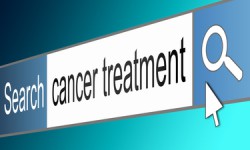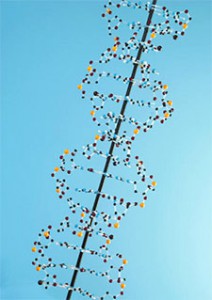
Men who try to improve their bodies using muscle-building supplements may ultimately cause the opposite effect. Research shows that the consumption of popular supplements like creatine and androstenedione can increase the risk of testicular cancer.
A team of scientists at Yale University conducted a series of interviews with more than 900 men regarding their workout programs and history of supplement use. They were also asked to give details of smoking and drinking habits, family history of testicular cancer and their own incidents of groin injury. More than 350 of the respondents had been previously diagnosed with testicular germ cell cancer.
Data indicated that weekly supplement use for a minimum of four consecutive weeks resulted in a 65 percent greater likelihood of having received a diagnosis of testicular cancer. Use of more than one supplement raised the risk of developing testicular cancer by 177 percent, while use for three or more years resulted in a 156 percent increase.
According to study leader Tongzhang Zheng, risks were increased by factors such as use at a younger age, use over a longer time period, and use of multiple supplements. While the study confirms the correlation between supplement use and testicular cancer, it will take more research to determine if there is an actual cause-and-effect relationship and if so, what drives it.
At Issels®, we also conduct a careful analysis of your personal lifestyle, environment and genetic background in order to develop a cancer treatment program that addresses your specific needs. Visit our website to learn more about our non-toxic integrative immuno-oncology protocols.





